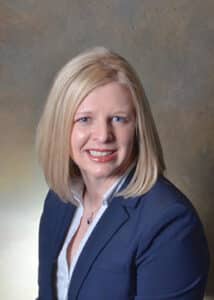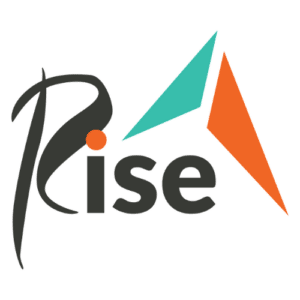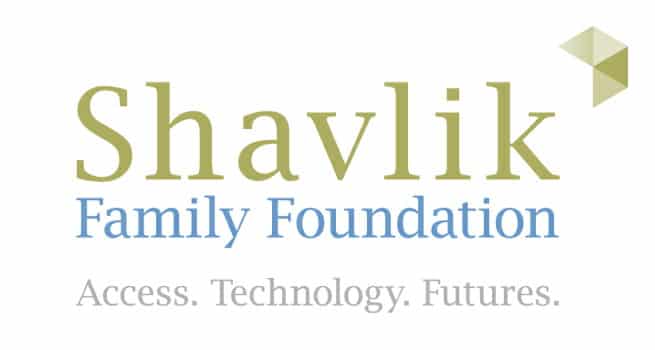Rise & SCSU: Employment Outcomes Survey
About the Project
Rise has partnered with St. Cloud State University faculty members Dr. Marcy Young Illies, Associate Professor in the Department of Psychology, and Dr. Brian Valentini, Assistant Professor in the Department of Special Education, to improve employment outcomes for individuals with disabilities.
The research team received a $30,000 grant from The Shavlik Family Foundation, which has a highly competitive grant process open to nonprofits to remove barriers by providing access to technology needed to empower people to reach their full potential, including those with disabilities.
This project aims to research variables that impact a person with a disability’s likelihood of choosing community-based employment compared to special minimum wage employment.
Information from this project will support a roadmap for ending special minimum wage work at Rise and will provide critical information to other disability services providers hoping to do the same.
Why is Rise participating in this study?
In 2021, Rise made the decision to end special minimum wage employment by April 2024. Our plans are to provide robust community and competitive employment offerings and enrich day services.
In anticipation of this transition, Rise implemented a Supported Decision-Making Program, which helps people in center-based work programs explore their vocational interests and problem solve around any potential challenges. Rise hired 5 experienced support staff in the new position of Employment Exploration Specialist. Employment Exploration Specialists work closely with a person served and their support team in a structured planning process.
We at Rise would like to know more about how these changes in our programs may affect you and your family member. The researchers from SCSU would like to learn more about the effectiveness of our services as we complete this transition.
With the results of this study, we hope to:
- Increase Rise's capacity to provide individualized planning services so that persons served have better overall employment outcomes.
- Provide generalizable information for the disability service community so that other providers have a roadmap for transitioning people with disabilities out of special minimum wage jobs.
About the Funder
The Shavlik Family Foundation mission is to remove barriers by providing access to technology needed to empower people and organizations to find their full potential. In helping nonprofits utilize technology to improve operations, program efficiency, collaboration, donor support, communication or service delivery we empower the futures of Minnesota nonprofits in a unique way – by supporting innovation through the implementation of technology.
This project is funded by the Data Innovation Grant Program, which funds projects that help organizations collect new and/or better utilize data that already exists to drive decisions.
Meet the Researchers

Dr. Marcy Young Illies
Marcy Young Illies is an Associate Professor in Industrial and Organizational Psychology at St Cloud State University. She received her PhD from the University of Nebraska at Lincoln. In addition to performing traditional social science research, Young Illies also performs program evaluations for organizations, using research methods to help measure the impact of programmatic interventions in a variety of organizations.

Dr. Brian Valentini
Brian Valentini is an Assistant Professor (tenure-track) of Special Education at Saint Cloud State University. After working as a special education teacher in New York City, Valentini received his PhD in Special Education and Teaching from San Diego State University. His research specialty is autistic students’ transitions from the school system to adulthood.
Information for Survey Participants
Please note that you will be required to enter your Participant Identification Number (PIN) to access the survey.
Frequently Asked Questions
The best person to take the parent/guardian survey is the person who has the most contact with the person served and who has the most influence over the person’s decisions.
When in doubt, take the survey! We can remove extra responses from family or guardians, but we will not be able to count your family member’s survey responses if a parent or guardian doesn’t also respond to the survey.


